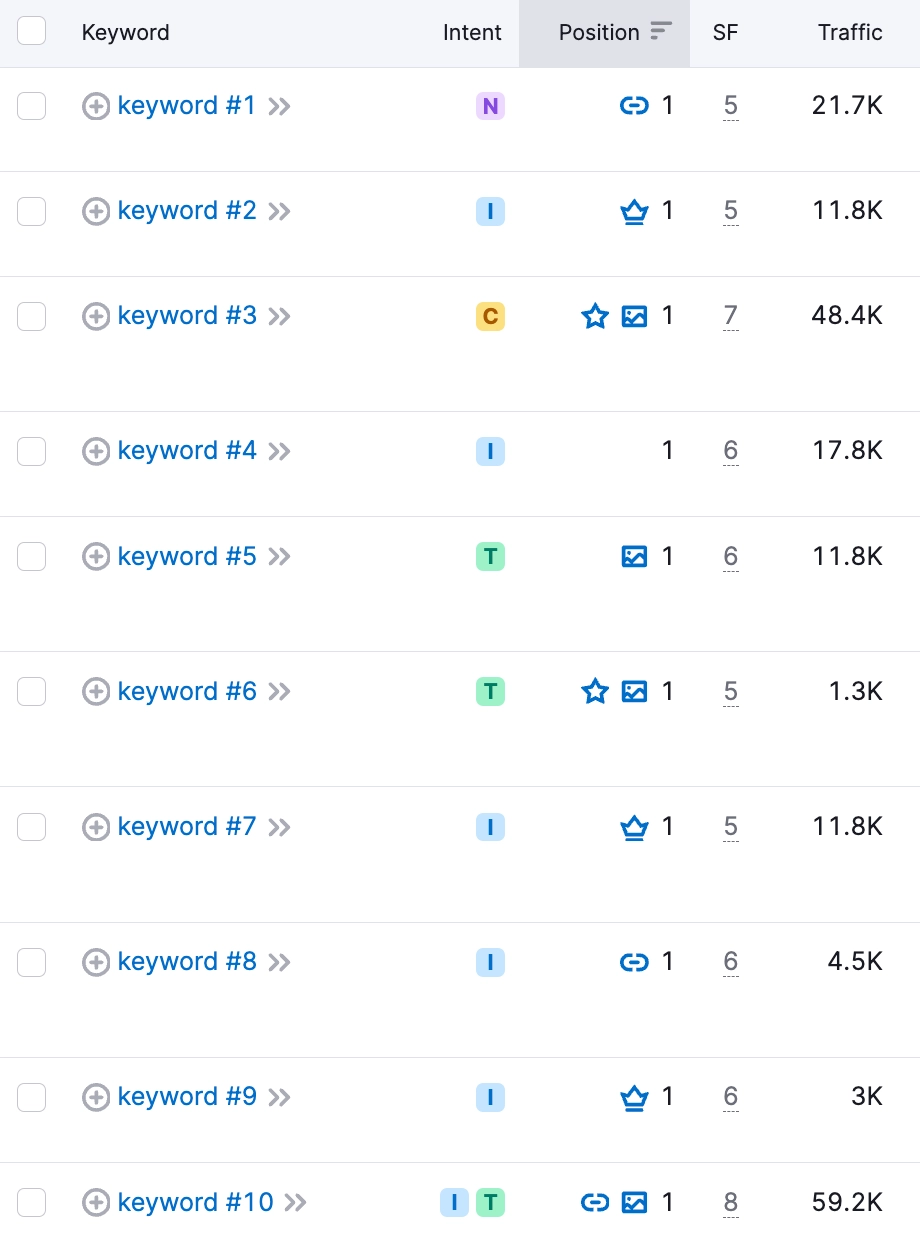In the present era of digitalization, it has become crucial for small businesses to have a website. However, with so many website types, it can be overwhelming to decide which one is best for your business.
If a business owner wants to keep up with the development of their activity, they must understand the comparison between a static and dynamic website. If we define the word “dynamic,” it is a factor that determines growth, improvement, or collaboration during processing time. As we can see, this term refers to the design of web pages.
If we define the term “static,” it means simplicity in the world of the Internet. It has a certain number of pages with an individual layout design. Others consider it an Internet standard because the number of pages remains the same unless manually modified. One of the main advantages of static sites is that they take less time to load.
The technologies involved in developing static websites are HTML, CMS, and JavaScript. To decide which one to choose, a static or dynamic website, you must know the main difference: static websites are perfect for creating a portfolio or an online CV. Since these sites require only a few pages, they are preferable for creating sites in this category. However, if your online activity is significant and requires more features to improve it, you should opt for a dynamic website instead.
What is a dynamic website?
If you want to understand the advantages of a dynamic website, you must first know its characteristics and what these websites have to offer.
A dynamic website is a website designed to offer different content to different users worldwide.
The best example of this is Google, whose design changes depending on the needs of its users. For example, if you want to change the language settings, Google is on the same wavelength. If you want to run an online business with many pages and features, you should consider dynamic websites.
One of the most important points when discussing the choice of a static or dynamic website is the website’s functionality.
In this regard, there is no debate about the website you should consider. Functionality is the top priority for a dynamic website. Its purpose is to interact with customers based on their needs. For example, if you want to listen to the latest podcasts, you can click the call-to-action (CTA) button on the landing page and access the podcast section.
Advantages of a static website
Many website owners are not attracted to the idea of a static website. Without examining this type of site in-depth, they determine the site’s meaning by the term “static” alone. They think it would destabilize their business and prevent it from evolving.
However, static websites also have some advantages:
Fast Loading Speed
Although dynamic websites have a lot to offer, one of their disadvantages is that they usually take time to load. This is not the case with static websites, which are instantly displayed for users. Therefore, loading speed is one of the most important factors when choosing between a static or dynamic website.
The content is preformatted and delivered directly to the server, so it can be easily cached. As a result, the website’s content is less likely to be loaded with security vulnerabilities. Since static websites require less server-side intervention, aside from eliminating the database, they operate faster than dynamic websites.
Improved Security
When choosing between a static or dynamic website, note that static sites are harder to hack. Many hackers try to use unauthorized methods to obtain product data. However, static websites have very few vulnerabilities through which they can be attacked. When we determine the choice between a static or dynamic website, we must know that dynamic websites have a higher risk of having their product data exposed than static websites.
Static websites are not connected to an extension or database, making it more difficult for hackers to access them. Although dynamic websites are not entirely insecure, they pose a greater risk to attackers.
Quick Creation
If you don’t have time to maintain your website, a static website is a good option for you. One of the advantages of static sites is that they can be created and published more quickly. As they are less complex and not connected to a database, they are easier to maintain. Therefore, when comparing a static or dynamic website, we must know that static websites are ideal when time is a concern.
If you’re trying to beat the clock, it comes down to your creativity in designing your website. Keep in mind that static sites are simpler and easier to create.
Advantages of a Dynamic Website
A majority of website owners hold the belief that a dynamic website encompasses all the essential features required for an e-commerce site.
The advantages and impact of dynamic websites on your business:
Easy-to-update content
Launching an online business and executing branding strategies require constantly updated content. You need to stay up-to-date with the latest trends, updates, and changes in your business. When choosing between a static or dynamic website, you should know that high-quality and updated content can only be found on a dynamic website.
One of the drawbacks of static websites is that they cannot handle updated content, which creates complications for an e-commerce site. With a dynamic website, a change on one page is propagated to other pages without changing the design.
Good user experience
Dynamic websites offer the benefit of adapting to the user’s needs, expectations, and location, resulting in a personalized user experience. The user’s intention plays an important role in determining the features of a dynamic website.
These websites always display information in a way that pleases the customer. Thus, if we compare a static website and a dynamic website, we can safely say that dynamic websites are more likely to receive positive feedback from customers.
For example, when a customer lands on a travel website to book a flight, the first thing they would want to see is the section where they can book their flight. If they immediately see what they came for, it is more than likely that they will visit your website in the future for the same reason.
If you can customize your website design based on what the customer wants, it will lead to a better user experience. This also increases the chances of conversion.
Biggest Functionality
Although attractive, one of the main disadvantages of static websites is that they are very behind in terms of functionality. Thus, if one compares a static website with a dynamic website, functionality is rather in the category of dynamic websites.
Dynamic websites have great potential in terms of functionality.
Conclusion
After a comprehensive analysis of the choice between a static or dynamic website, it can be said that both have their advantages and benefits. It all depends on the purpose of the site you want to create.
If you want to create an online business for yourself or your family, you should create a dynamic website. If you want to showcase your own experience in the form of a portfolio, you should create a static website.
Your customers are eagerly waiting to receive detailed information about your products.
If you want to add content to your dynamic website, don’t waste time and share beautiful previews that will also help you attract new visitors. It’s up to you to take the lead and show the world that you are ready to change.




